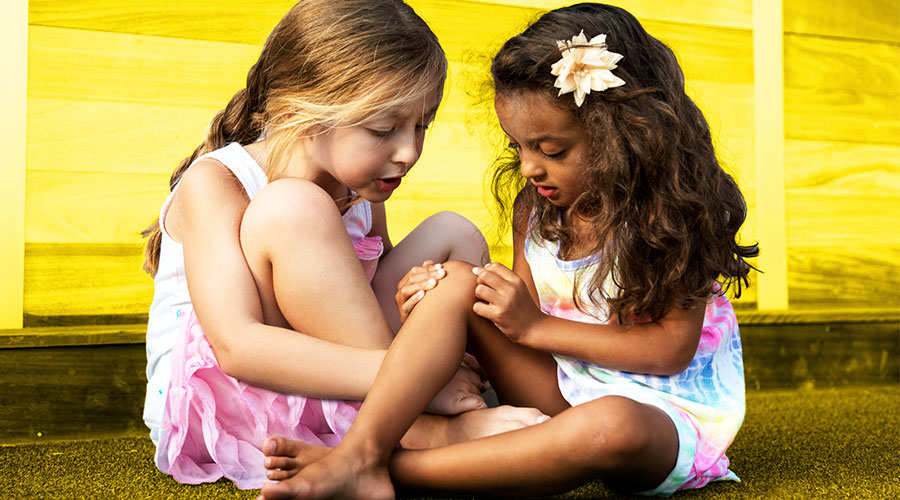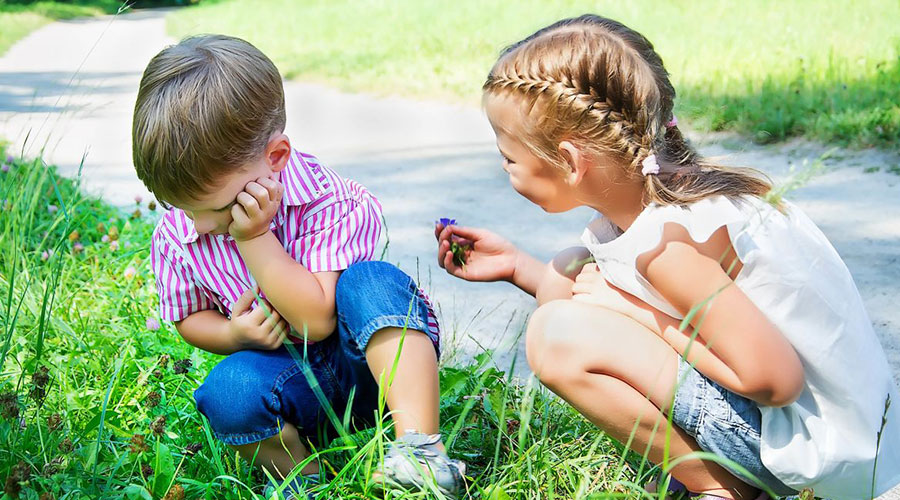9 ACTIVITIES TO IMPROVE YOUR TODDLER'S DEVELOPMENT
- 20 Apr - 26 Apr, 2024
Empathy is a critical component of a child's social-emotional development, so it is important for parents and teachers to instill this value in children's early education. But what is empathy Empathy can be defined as an emotional connection to other people. It is the capacity to understand, feel, and react to the wants and preferences of others. Empathy is a crucial skill for kids to learn in the early years of their education in the modern world. According to studies, children who are able to take into account the feelings of others exhibit more positive behaviour and grow up to be responsible adults. Young children who learn empathy succeed in school and in life, and they also have a positive influence on their communities. Experts offer some advice on how parents and teachers can help kids learn the importance of empathy:

Expose future generations to ground-breaking technologies, futuristic concepts, and empathetic experiences. Let them assist in serving food to workers, travel on public transportation, learn how to code, and other activities. Your child will have a better chance of understanding the world and developing empathy the more they experience and learn.
The best method of constructive education during the early years is through stories and fables. Children can learn from your experience and develop empathy for both themselves and others by hearing about your own decisions, mistakes, and adventures.

The way we live and work is changing as a result of digital platforms. Some of these platforms are excellent resources for teaching kids, but this should be kept to a minimum. Talk to your child about what you saw and how it made them feel if you and your child watch something upsetting on television, such as violence, illegal activity, or morally questionable behaviour.
Making sure your child feels loved, cared for, heard, and understood is crucial if you want to make sure they learn empathy. Regardless of the child's accomplishments on the outside, show appreciation and respect to establish an emotional connection and foster empathy. Positive environments can encourage people to recognise their own worth and become more compassionate and resilient.
It takes time for empathy to develop; it is not a fixed quality. Children should be taught that understanding another person's thoughts and feelings improves with practise. Let's encourage wonder, curiosity, and fun in them as they embrace the world.

It is crucial that, as parents and educators, you teach young children the value of modelling empathy by assisting them in making connections with people who are in need and steering clear of anti-social behaviour. Children gain the ability to act with empathy and kindness through modelling.
When your child transgresses the rules, don't just punish them; also take the time to explain their purpose and how they help us treat others with respect.
It may seem like a good idea to spare a child's feelings by not discussing a sick grandparent or the death of the family dog. However, doing so can give kids the chance to feel universal emotions like sadness and loss, which will increase their capacity for empathy.
COMMENTS